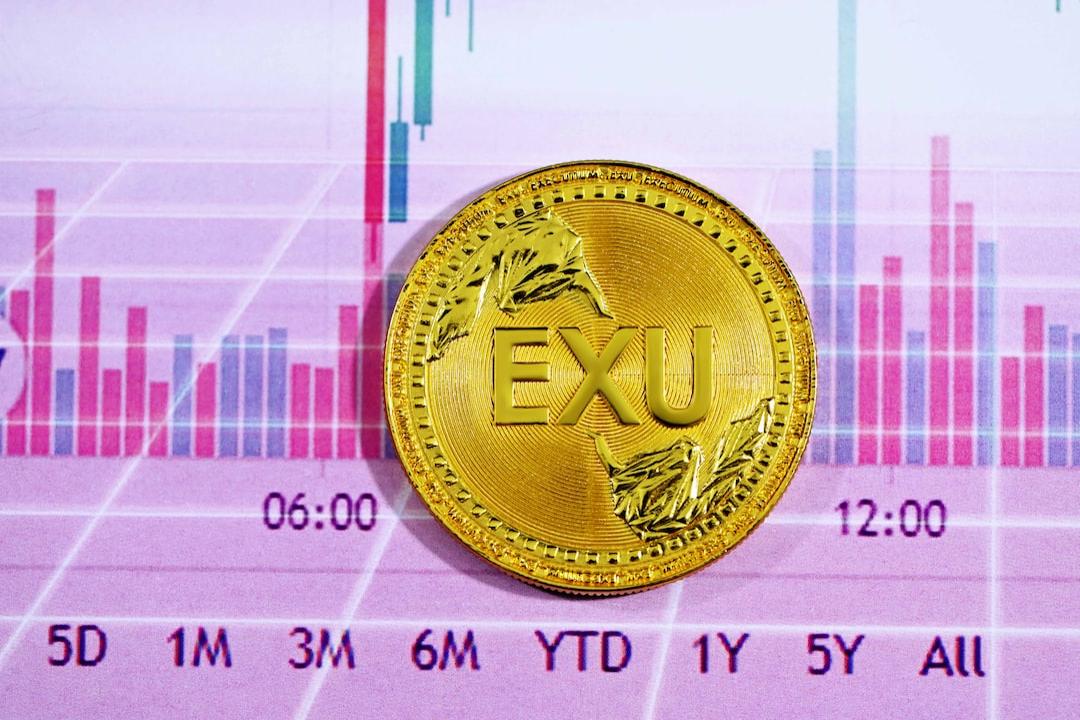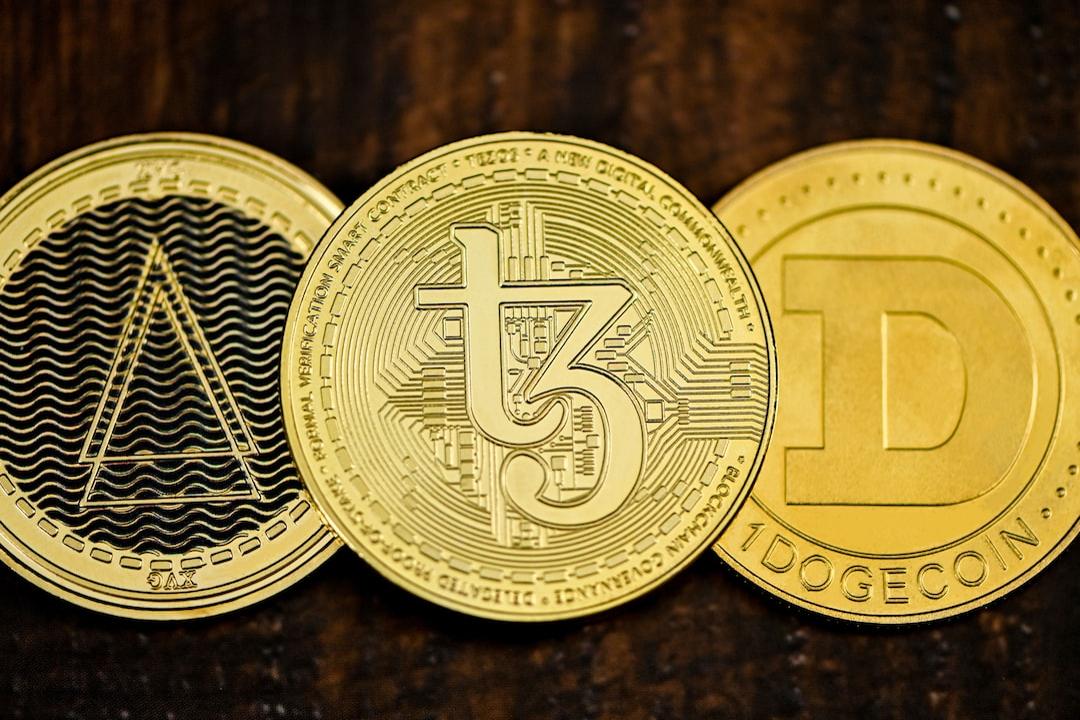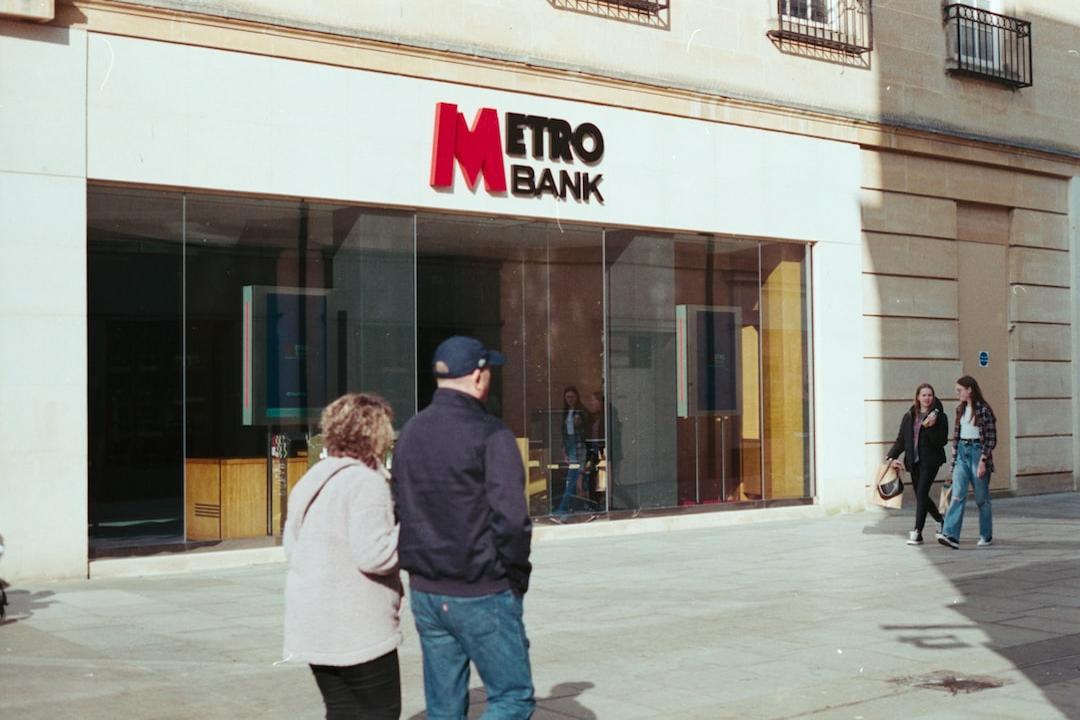





Exploration
Digital Currency News
Insights
What’s Behind the Weekend Stagnation of Bitcoin Price Movements? Why are the Former Surges Missing? Kaiko Delves into the Origins of Exhaustion
The fluctuations in Bitcoin (BTC), the leading cryptocurrency globally, have exhibited a peculiar stabilization phenomenon during weekends.
By:
Mete Demiralp
30.06.2024 – 08:29
Updated:
12 seconds ago
0


Kaiko, a cryptocurrency research entity, reports that the percentage of Bitcoin trading activity taking place on weekends has hit an unprecedented low of 16% this year.
This decline follows the introduction of spot Bitcoin Exchange-Traded Funds (ETFs), which seem to align Bitcoin’s trading patterns more closely with traditional stock exchange timings, subsequently tempering Bitcoin’s price volatility.
Distinguishing itself from stocks, cryptocurrency trading operates round the clock, even on Saturdays and Sundays. Historically, Bitcoin trading has been marked by “Wild Weekends,” characterized by substantial price fluctuations. However, this trend seems to be waning as Bitcoin’s weekend trading volume continues its descent from its peak of 28% in 2019, a shift possibly attributed to the debut of Bitcoin ETFs.
Bitcoin ETFs, approved by the U.S. Securities and Exchange Commission at the start of 2024, have garnered investor attention, propelling Bitcoin prices to record highs in March. Although some gains have been retracted, the premier cryptocurrency remains up by almost 45% this year, holding steady around $61,000.
Diverging from most cryptocurrencies tradable at any time through platforms like Binance, Bitcoin ETFs adhere to the trading hours of the respective traditional exchanges they are listed on, rendering them inaccessible for weekend trading. Kaiko notes that the proportion of Bitcoin traded between 15:00 and 16:00 on weekdays surged from 4.5% to 6.7% in the final quarter of 2023. This specific timeframe, identified as the benchmark pegging window, determines the Bitcoin price for ETF valuation.
Related Insights
Unveiling Vitalik Buterin’s Wealth – How Much Ethereum Resides in His Portfolio? Interestingly, He’s Not the Top ETH Holder
The closure of crypto-friendly banks, such as Silicon Valley Bank and Signature Bank in March 2023, also contributes to the weekend transaction volume decline, as per Kaiko’s analysis. This closure limits market makers from utilizing these banks’ 24/7 payment networks for real-time crypto transactions. Kaiko’s report suggests, “The weekend/weekday disparity is expected to endure due to the diminished motivation for liquidity provision in a low-volume setting among market makers, whose revenue stems from high-volume trades.”
Furthermore, Kaiko’s additional report mentions that institutional adoption of cryptocurrencies via Bitcoin ETFs has significantly curbed price volatility. When Bitcoin surged to record levels in November 2021, volatility peaked at nearly 106%. Following Bitcoin’s all-time high of $73,798 in March amid ETF enthusiasm, volatility dipped to a mere 40%.
The consistent sub-50% volatility trend since the dawn of 2023, according to Kaiko, reflects Bitcoin’s maturation as an asset. “While it’s premature to label this as the new norm, the changes in Bitcoin’s market infrastructure over the past year might elucidate the relatively ‘mundane’ price actions,” the report suggests.
*This does not constitute investment advice.
To explore over 300 cryptocurrencies, avail a 20% COMMISSION DISCOUNT by registering on Binance via this link!
Stay tuned to our
Telegram
and
Twitter
channels for exclusive news updates, analytics, and on-chain data!
Receive Notifications from Comments Here
Report
Upon receiving a new reply to my comment


Tag
Name:
Email
Δ


Tag
Name:
Email
Δ
0
Comments
Inline Feedbacks
View all comments

